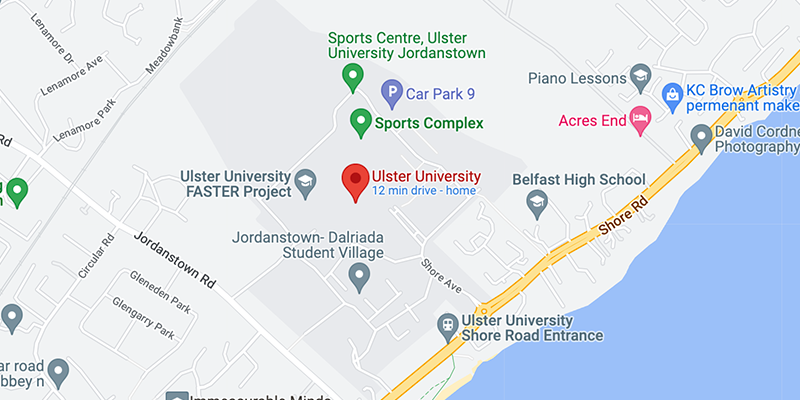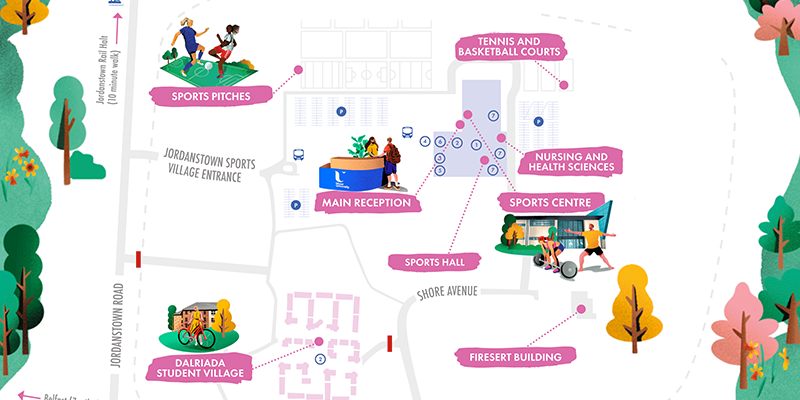Page content
‘Criminal justice’, ‘restorative justice’ and ‘transitional justice’ are fused concepts, combining a political and juridical practice (justice) with something else – an ethical logic of recrimination (guilt), or restoration (forgiveness), or transition (change). The ‘something else’ is hard to grasp, being always contained and (mis)represented in the political and juridical practice that is the medium or form in which it is presented; yet there is something there. If we could open up these fused concepts, what might we find, and what more could that tell us about the political and juridical practices which otherwise occlude and dominate?
In this paper I think of guilt, forgiveness and change as ethical categories. By this I mean ways of being within a basic moral psychology that can be identified sui generis and away from political and juridical process. I link these to an ethics of love and the ‘object relations’ line in Freudian psychoanalysis. I see guilt as a form of ‘prospective identification’ with another; forgiveness as a way of turning ‘violative melancholia’ back into mourning; and change as deployment of ‘transitional space’ that can take us beyond the given.
Played back into practices and processes of criminal, restorative and transitional justice, these explorations in moral psychology can (i) identify the immanent moral truths at their core, (ii) open up the interaction between moral impulse and justice practice to inspection, and (iii) identify and measure the distance between those truths and how they are expressed as justice practices in a structurally and systemically violent world.
Please RSVP to Sadie Magee for catering purposes.
Ulster University Sports Village
Shore Rd, Newtownabbey, BT37 0QB
Event info
This event has ended
Wednesday 2 May
12.30pm to 2pm
21D51
Rory O'Connell

